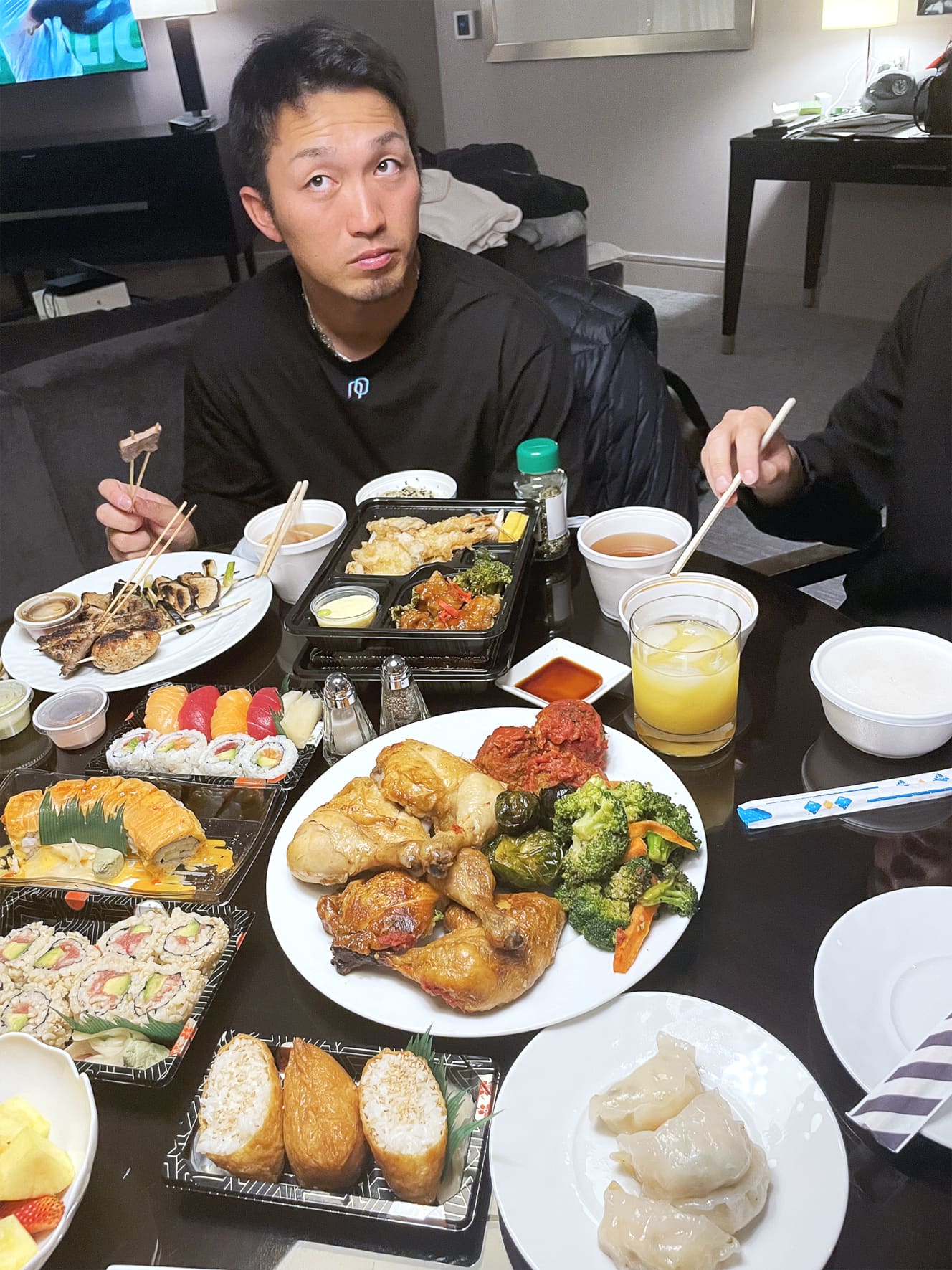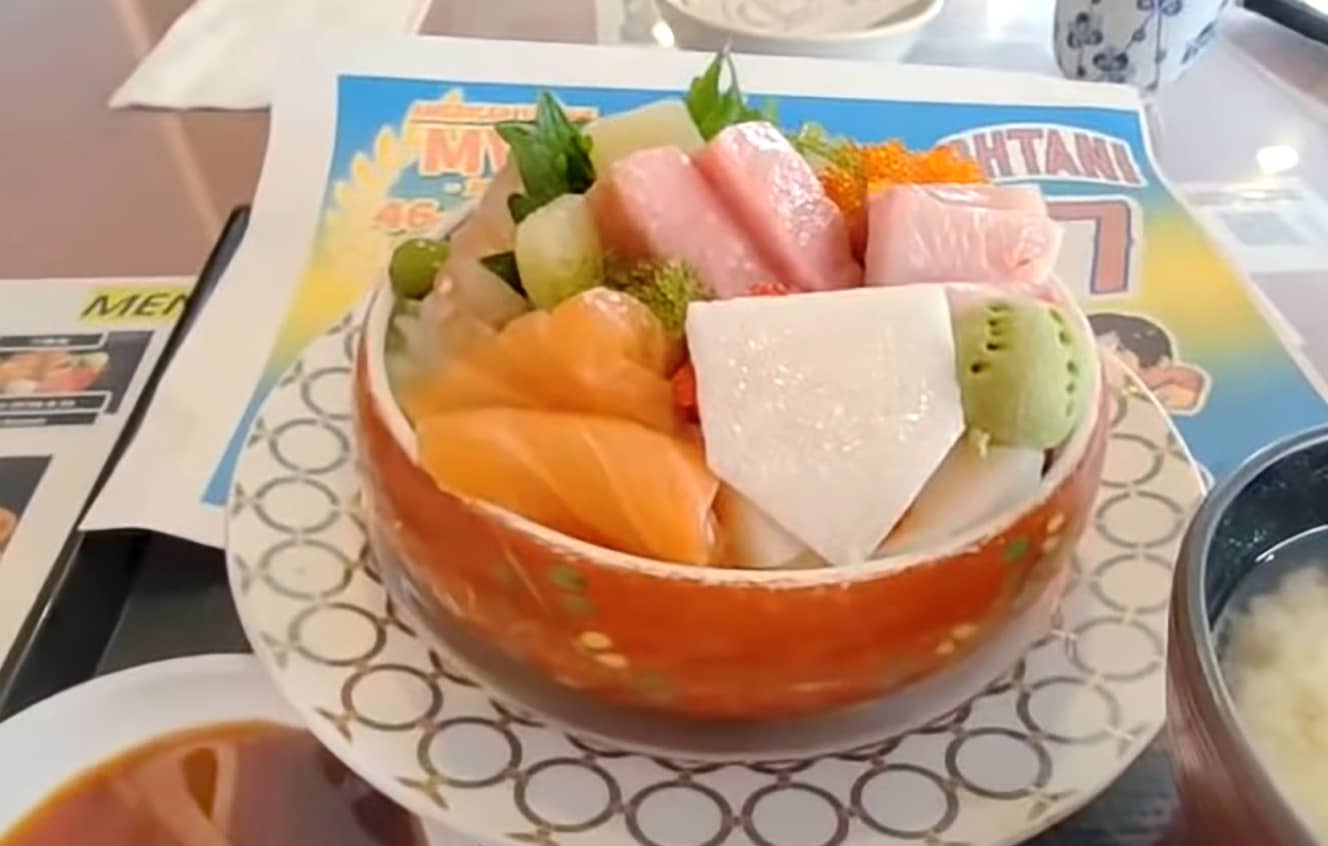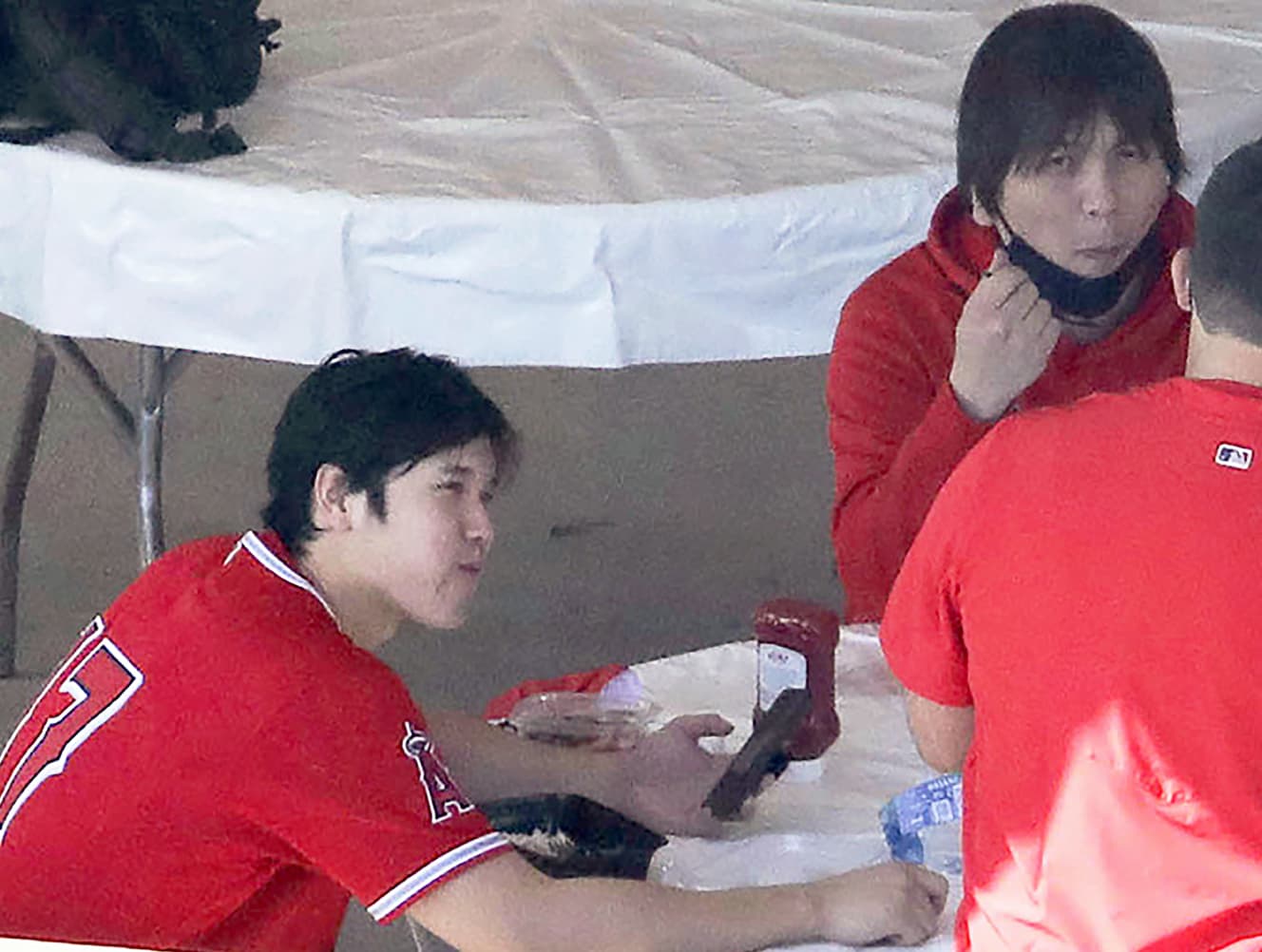Secrets of “Super Major-Class Gourmet” Supporting the Struggles of Japanese MLB Players
Seafood bento boxes that Shohei Otani eats before and after games, Japanese food professionally researched and developed for Seiya Suzuki, yakiniku restaurants frequented by Ichiro, Yu Darvish and Yoshitomo Tsutsuka, and more!

This year, too, Japanese major leaguers continue to make great strides. Last year’s MVP, Shohei Ohtani of the Angels (27), hit 150 homers in Japan and the U.S. on May 23, and Seiya Suzuki of the Cubs (27) won the Best Rookie Award for the month of April. … The Padres’ Yu Darvish (35) has already won four games in his 1,319 plate appearances, the second most by a Japanese pitcher in history.
Food is an indispensable part of their breakthrough. Ichiro (48) is famous for the episode in which he ate curry every morning, and for top athletes, “food” is an essential element for high performance. Megumi Omae of Meiji Co., Ltd. who serves as Suzuki’s nutritionist, says, “What is important is to get the necessary nutrition.
What is important is to consume the right amount of necessary nutrition. We prepare a ‘full-course nutritional’ meal so that each meal provides five nutrients: carbohydrates, fats, proteins, inorganic substances, and vitamins. My recent dinner menu consisted of rice, prepared lean meat, sautéed vegetables or salad, miso soup, natto, cut fruits, and yogurt. I try to consume about 3,800 calories in a day to keep my weight down. I have also researched what to eat and how much to eat, and have lined up about 20 prepared foods that can be purchased at supermarkets so that I can get the nutrition I need even when I am not there. Suzuki doesn’t compromise on his diet at all.”
Ichiro, in his later years, used to eat somen noodles before games, but Suzuki prefers to eat udon noodles in the clubhouse.
He says, “During a game, it is difficult to move if there is food left in the stomach, so the team’s chef arranges it with an egg or chicken, taking into consideration the conditions and digestion time. The chefs wanted to make the food as tasty as possible, so I even instructed Suzuki on how long he likes his noodles boiled and the mixing of the men-tsuyu sauce, etc.” (Omae, above)
Otani’s seafood bento Tsutsuka’s grilled meat
Yasuo Matsuki, the owner of the Los Angeles sushi restaurant “SUSHI KOTO Yasuo Matsuki, the owner of Sushi Koto in Los Angeles, has been bringing Otani seafood bento boxes before and after games since last year.
We pack tuna, salmon, salmon roe, sea urchin, and other sushi items with Otani’s physical condition in mind,” Matsuki said. Last summer, when his home run pace slowed down, we served him a special bowl of rice topped with an assortment of otoro (fatty tuna), fresh scallops, hamachi (yellowtail), and blue crab. Ippei Mizuhara (37), who acts as our interpreter, gives us orders, and last year he even asked us to add a meat dish to prevent the summer heat from wearing off. So far this season, I have not received any special orders.
For the pre-game lunches, I include natto (fermented soybeans), mekabu (mushrooms), and other sticky foods to encourage the players to play with tenacity. After a game, I often add raw wakame seaweed or vinegared jellyfish to relieve fatigue. The quantity is usually about 1.5 servings for a normal adult male.”
Mizuhara-san used to work at “SUSHI KOTO Mizuhara was in charge of Otani’s meals because he used to work at “Sushi Koto” until 15 years ago.
Until now, I used to deliver his lunch box one or two hours before the game, but this year, I started bringing it to him five hours before the game on his pitching days. This is so that they can eat as soon as they enter the stadium. I think I am working backwards to account for the time it takes to digest.
At the beginning of the year, Mr. Otani came to the restaurant and said, ‘Thank you for your always delicious food. I look forward to serving you again this year. I was very happy,” said Matsumoto.
In Chicago, there is a yakiniku restaurant called Chicago Kalbi, which has been frequented by Japanese Major Leaguers of the past. In Chicago, there is “Chicago Kalbi,” a yakiniku restaurant frequented by past Japanese Major Leaguers. The secret of the restaurant’s popularity is its “Washugyu” beef, which is made from a breed of beef that has been carefully bred and fed to achieve meat quality similar to that of Wagyu beef. Isao Totsuka, owner of the restaurant, says, “Our beef is very similar to Ichiro’s and Matsui’s.
Ichiro and Matsui (Hideki Matsui, 47) often visit us. Recently, Mr. Yoshitomo Tsutsuka of the Pirates (30) often comes to our restaurant. I never thought I would be able to eat such delicious meat in America. I will definitely come here when I come to Chicago! He was very happy to see us. Mr. Darvish often comes here with his teammates. Since most of them have to start training the next morning, they eat about eight portions, but they still manage to eat about two servings of meat, which is about the same as two servings for most Americans.
You can’t fight a war on an empty stomach. Behind the Samurai’s successes lies a “super-major gourmet” of their own.


From the June 10, 2022 issue of FRIDAY
PHOTO: Meiji Corporation (1st photo) Kyodo News (3rd photo)